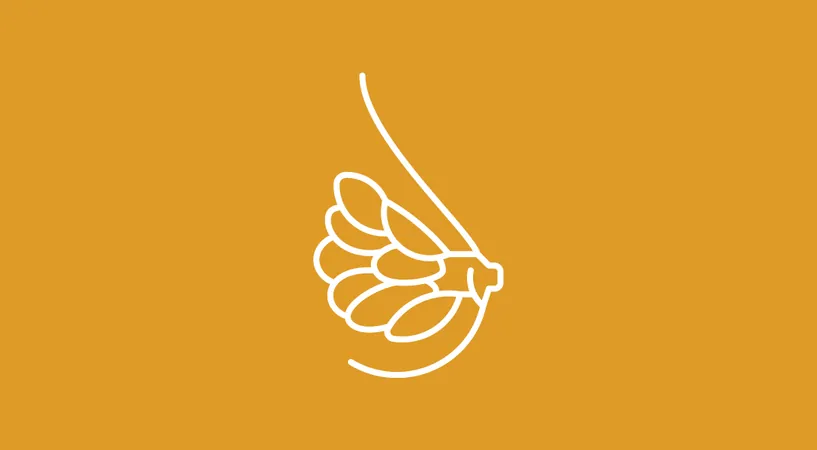
Breakthrough Cancer Vaccine Shows Promising Immune Response in Triple-Negative Breast Cancer Patients!
2024-11-25
Author: Yu
Introduction
Recent data from a groundbreaking phase 1 trial of an investigational breast cancer vaccine has revealed that over 70% of patients with triple-negative breast cancer (TNBC) exhibited a significant immune response. The phase 1 trial, presented at the Society for Immunotherapy of Cancer's 39th Annual Meeting, was a collaboration between Anixa Biosciences and Cleveland Clinic, funded by the US Department of Defense.
Vaccine Details
The vaccine, which targets the protein α-lactalbumin, has shown an impressive safety profile across three distinct patient cohorts. The primary adverse event reported was mild irritation at the injection site, with no severe systemic side effects observed, even in patients receiving the vaccine in combination with pembrolizumab (Keytruda), an existing treatment for various cancers.
Expert Opinions
Dr. G. Thomas Budd, the principal investigator from Cleveland Clinic's Cancer Institute, expressed optimism about the vaccine’s potential to transform TNBC treatment. "Triple-negative breast cancer is one of the most challenging forms of the disease to treat effectively. Ultimately, we hope this vaccine can serve as a preventive measure for individuals at risk of developing this aggressive cancer," he stated.
Next Steps in Research
The next phase of the research is crucial, with a phase 2 study planned to initiate in 2025. This upcoming study aims to assess the vaccine's effectiveness in a neoadjuvant setting, specifically targeting patients who are newly diagnosed with breast cancer.
Patient Cohorts
In this initial phase of the clinical trial, three patient cohorts were evaluated: 1. Women previously treated for TNBC (21 participants) 2. High-risk women undergoing preventive mastectomies (2 participants) 3. Patients who received the vaccine alongside pembrolizumab (3 participants) Initial findings are encouraging, with cohort 1a demonstrating robust immune responses to the vaccine. Ongoing enrollment in cohort 1b aims to further evaluate its effectiveness, while cohort 1c has shown no significant adverse events when combining therapies.
Industry Insights
Amit Kumar, PhD, CEO of Anixa Biosciences, highlighted the team's satisfaction with the results observed thus far, stating, "The data continues to exceed our expectations. We are excited to plan for the phase 2 study, which we expect to kick off in 2025."
Conclusion
This innovative vaccine represents a beacon of hope in the battle against TNBC, a cancer subtype notorious for its aggressive nature and limited treatment options. As researchers continue to push the boundaries of cancer immunotherapy, the medical community is eager to see the developments from this promising study. Could this be the turning point in breast cancer treatment? The next few years will be critical in answering that question!

 Brasil (PT)
Brasil (PT)
 Canada (EN)
Canada (EN)
 Chile (ES)
Chile (ES)
 España (ES)
España (ES)
 France (FR)
France (FR)
 Hong Kong (EN)
Hong Kong (EN)
 Italia (IT)
Italia (IT)
 日本 (JA)
日本 (JA)
 Magyarország (HU)
Magyarország (HU)
 Norge (NO)
Norge (NO)
 Polska (PL)
Polska (PL)
 Schweiz (DE)
Schweiz (DE)
 Singapore (EN)
Singapore (EN)
 Sverige (SV)
Sverige (SV)
 Suomi (FI)
Suomi (FI)
 Türkiye (TR)
Türkiye (TR)